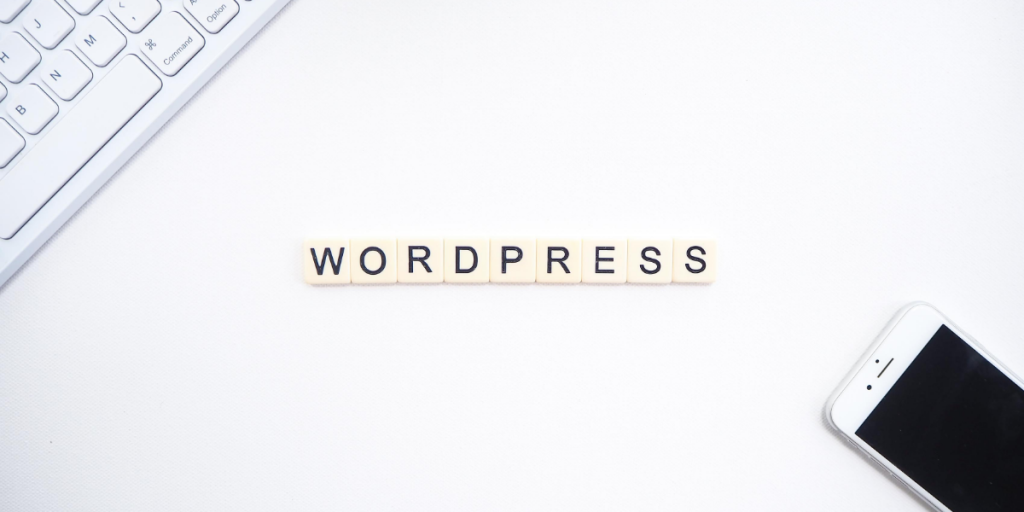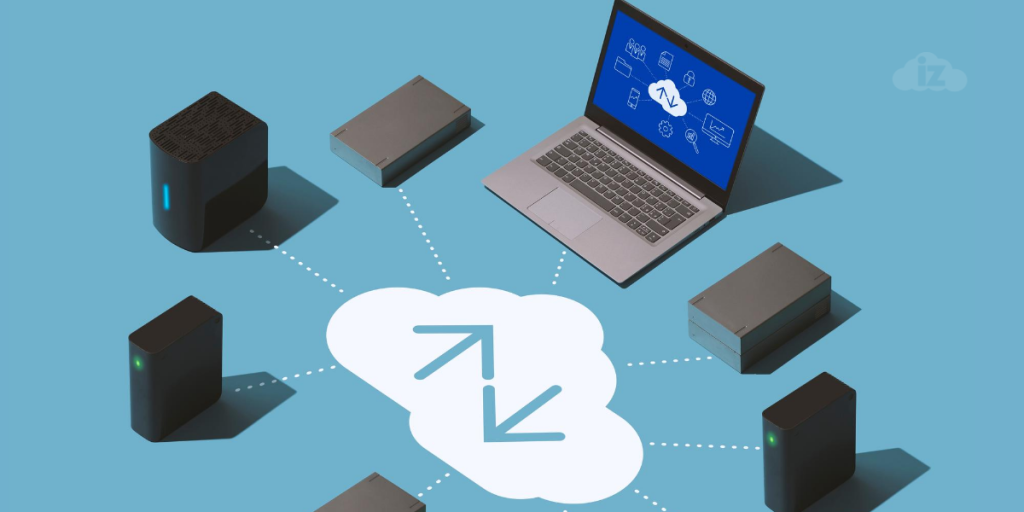
Web Hosting Checklist
Creating your web hosting checklist helps you easily find the right fit as your service provider. The checklist is beneficial if you are launching a new website or wanting to switch to another plan. But with the many types of packages available from a hosting company, it can get overwhelming to choose from the available options. To help you get the perfect fit, we list down some important questions you should ask yourself in choosing the right hosting plan, the types of web hosting, and possible additional features you need for your website.
What Are the Different Types of Web Hosting?
Web hosting is divided into categories that provide various features and functions to cater to a website’s needs.
1. Dedicated Hosting

This is the type of web hosting with packages that offer a dedicated server. This is ideal for websites that have a lot of traffic and need a huge web storage space.
Dedicated hosting makes sure that your website stays online while having many website visitors and gigabytes of storage for your website needs. It can be costly, but it offers many hosting service features you can have, allowing your web developer to access many customization options.
You can also add more hard drive space or memory, or your developer can run custom modified software.
2. WordPress Hosting

In simpler terms, WordPress hosting is web hosting optimized to meet the security and performance needs of your WordPress website. WordPress is designed to have an intuitive backend, so you can install the platform and configure its settings easily.
Website owners who prefer using WordPress to build their site can run their website smoothly by using WordPress hosting.
3. VPS Hosting

Virtual private server (VPS) hosting has the same concept as shared hosting. The only difference is it utilizes virtualization technology to give you private or dedicated resources in a server that has multiple users.
It is more stable and secure than shared hosting. This is ideal for website owners who have traffic at a medium level, exceeding the shared hosting packages’ limits but not needing the dedicated server’s resources.
4. Cloud Hosting

Cloud hosting aims at providing your website with faster loading speed. It uses multiple servers to maximize uptime and balance load.
Your website can utilize a group of servers that use resources to keep everything up and running. So, when one server fails, another kicks in to prevent interruption in the uptime of your website.
This hosting service is ideal for website owners who have high-resolution videos and images.
5. Shared Hosting

As what the name implies, shared hosting lets multiple websites use one server. A shared hosting package has a limit to the number of resources your website can use.
It is, however, a good option for starters and website owners looking for affordable hosting packages.
Use The Web Hosting Checklist to Ask Yourself Questions to Understand Your Needs

1. Will I be launching a small or big website?
Your website’s size is a major factor in building your site because websites can have a few simple pages or hundreds of pages with customized JavaScript for maps or interactive web pages. Small and big websites vary in needs because larger ones can have different hosting needs than smaller ones.
If you are launching your website, it might be best to start with a simple and small one and then let it grow as you grow your business. For businesses that already have a website, think about the expectations for the growth of your business in the coming years, so you can visualize how big your site can grow and think about the inclusions you should look for in a hosting package.
2. How secure should my website be?
Hacking is a major threat to your website, and like other website owners, you do not want this to happen to your site. If you plan to generate sales through your website, your security system should be strong because you will be collecting information from your website visitors.
Get a hosting package that offers a strong security system to prevent data breaches and hacking.
3. Will I be selling goods and services on my website?
This question is important for e-commerce stores because you add features and functionalities to your website to cater to selling products and making purchases. It would be best to get a hosting package that is compatible with the e-commerce software you will use or are using.
4. How much website traffic do I expect?
Your expected number of incoming traffic should depend on the type of website you will have and the level of marketing efforts you apply. If you are starting a new website, your traffic expectations should be little, but if you have an existing website, you can expect more.
You can check your site’s analytics to get the exact figures and anticipate the number of future traffic. The analytics can help you identify which content is visited the most and keywords researched the most, so you can make changes to your marketing strategies based on the results.
5. How fast should my pages load?
Website visitors are more likely to stay on websites longer that load fast; therefore, you should consider the page loading speed of your site. If you have promotional offers on your website, your site visitors would be encouraged to know more about them because your pages load fast.
If you are managing a large website with lots of traffic, you will need a more advanced level of hosting power.
6. How experienced and skilled am I at running a business website?
If you have been building and running websites, then it would be easier for you to adjust to creating another site. You might need to focus on customization options and software compatibility.
But if you are a beginner and will figure it out as you go along, you would need professional help from a web hosting company. It would be best if your hosting provider has a strong customer support and provides you with the beginner’s resources to help you learn the ins and outs of running a website.
7. Will I be creating and developing my website?
If you have the skills to create and develop your own website, it would be best to have access to a website builder or templates to make it easier for you. But if you are planning to work with a web developer or designer, it would be ideal to consult them about compatibility issues with a hosting provider.
This helps you choose a hosting company and a package that fits the needs of your web design.
8. Will I create a blog page or a blog website?
If you are planning to create a blog or a blog page, make sure your hosting package can suit the work needed for the page or website. It is also important to use a blogging platform, such as WordPress, to completely cater to your website’s needs.
9. How far am I going to customize my website?
Affordable shared hosting packages will only give you limited options to customize your website. For some website owners who have simple and small sites, shared hosting can be manageable.
But for larger and complex websites, advanced hosting packages might be ideal to let them customize the way they want their sites to look and function. Make sure to check the hosting packages meticulously and ask the provider as many questions as you like to make things clear for you.
10. Will I be using multiple domains?
Many entrepreneurs have multiple websites they cater to, which requires various domains. Others who are using multiple domains utilize them for different countries, such as example.co.uk (for UK) and example.fr (for France).
If you are one of them, then getting a hosting package that can cover more than one domain is what you need.
What Are the Additional Website Features You Might Need?

Choosing the right hosting package for your website is already a major step, but there might be additional features you want to consider in improving your site’s performance.
- SSL – A secure sockets layer (SSL) is a protocol for web servers and browsers that automates the decryption, encryption, and authentication of data sent online. For e-commerce sites and other websites that collect personal information, having an SSL protection allows sensitive information to be encrypted, making it secure.
- Easy migration – Migrating from a hosting service to another should be kept simple. It will make your life easier if you work with a hosting provider that makes transfer easy and provides support right away.
- Intuitive control panel – Configuring the options on your control panel is important to keep your website updated and running. If you have an interface that is easy to use, it saves your time making changes there and learning its functionality.
- Site backup – Site backup is extremely important because you do not want to lose everything you worked for. Check hosting services with automatic backups to make things easier for you.
Conclusion
Knowing and understanding the type of hosting service you need and the things you want for your website significantly influence your decision in choosing the right provider. The web hosting features checklist is also important to consider because it can directly affect your site’s performance on the Internet.
With all these essentials in mind, you will have a better direction of choosing which hosting provider and package is best for your business. So, start thinking about your needs now and list them down, so you have a reference when you begin looking at web hosting packages and services!
Latest Stories
© Innzone Hosting. All rights reserved.